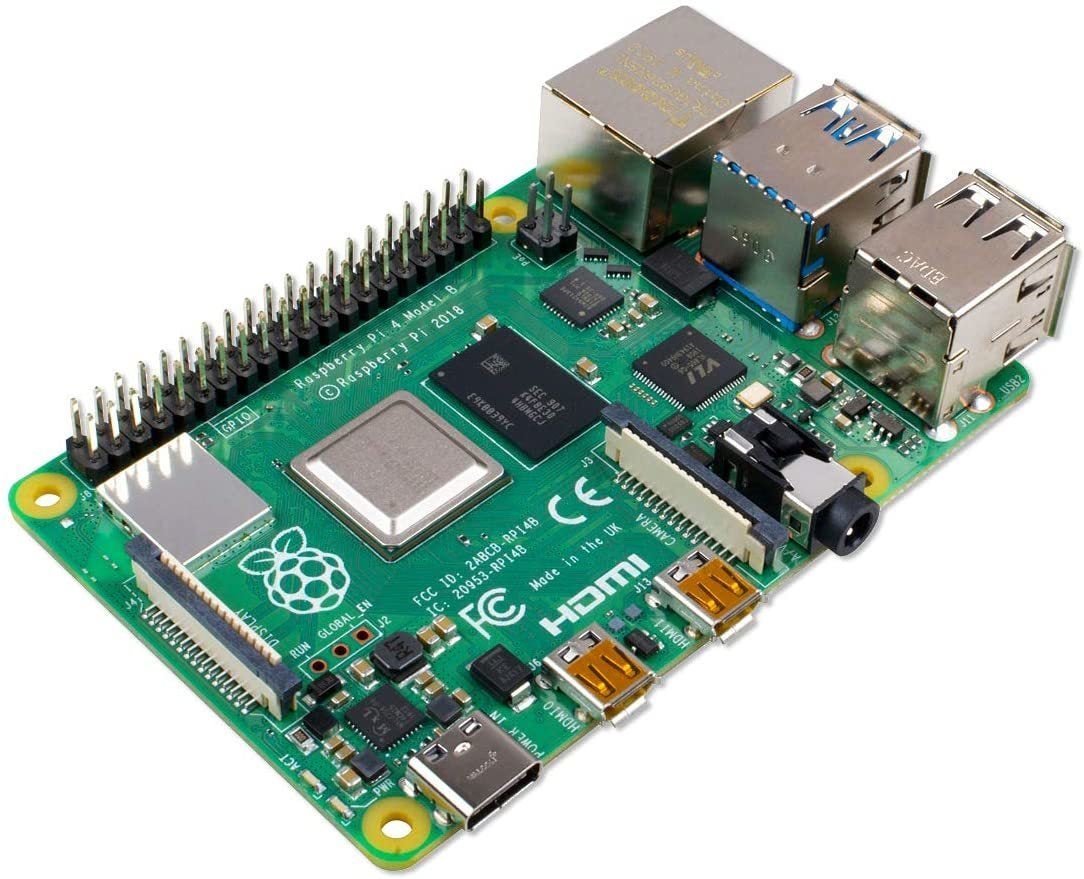

The desktop can also be changed from its default appearance, such as repositioning the menu bar. The other end of the menu bar shows a Bluetooth menu, Wi-Fi menu, volume control, and clock. A menu bar is positioned at the top and contains an application menu and shortcuts to a web browser ( Chromium), file manager, and terminal. Raspberry Pi OS has a desktop environment, PIXEL (short for Pi Improved Xwindows Environment, Lightweight), based on LXDE, which looks similar to many common desktops, such as macOS and Microsoft Windows. The 64-bit version of Raspberry Pi OS was officially released on February 2, 2022. This change was also carried over to the 32-bit version, though it continued to be based on Raspbian. When the Foundation did not want to use the name Raspbian to refer to software that was not based on the Raspbian project, the name of the officially provided operating system was changed to Raspberry Pi OS.

However, this version was not based on Raspbian, instead taking its user space software from Debian GNU/Linux. On May 28, 2020, the Raspberry Pi Foundation announced a beta 64-bit version. The Foundation's first release of Raspbian, which now referred both to the community project as well as the official operating system, was announced on September 10, 2013. As the Raspberry Pi had no officially provided operating system at the time, the Raspberry Pi Foundation built on the work by the Raspbian project and began producing and releasing their own version of the software. The first build was released on July 15, 2012. Raspberry Pi OS was first developed by Mike Thompson and Peter Green as Raspbian, an independent and unofficial port of Debian to the Raspberry Pi. The default distribution is shipped with a copy of the computer algebra system Wolfram Mathematica, VLC, and a lightweight version of the Chromium web browser. Raspberry Pi OS uses a modified LXDE desktop environment with the Openbox stacking window manager, along with a unique theme. It runs on every Raspberry Pi except the Pico microcontroller. Raspberry Pi OS is highly optimized for the Raspberry Pi with ARM CPUs.

First developed independently in 2012, it has been produced as the primary operating system for these boards since 2013, distributed by the Raspberry Pi Foundation. Raspberry Pi OS (formerly Raspbian) is a Unix-like operating system based on the Debian Linux distribution for the Raspberry Pi family of compact single-board computers. Raspberry Pi OS (32-bit and 64-bit) / įree and open-source software licenses (mainly GPL)


 0 kommentar(er)
0 kommentar(er)
